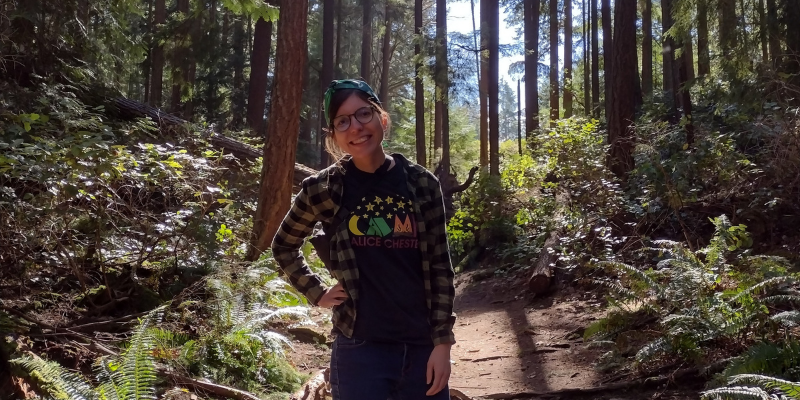Omit to Commit is all about the resources needed to opt into (and out of) behaviors, such as time, traditions (individual or group behaviors), trust, and treasures. By regularly making and breaking habits, life becomes more fulfilling and satisfying. I’m drafting a book called Omit to Commit, and in 2024, I’m posting research/your ideas/themes on the 20th of every month.
A self-identified writer since childhood (and art-maker since daycare, stringing cotton balls together to form a caterpillar), I have always had something to say write. Accessing a pen was easier than opening my mouth, as little me felt I was surrounded by folks who spoke a lot but didn’t say anything of substance. They spoke around me, instead of to or with me. Armed with a notebook and library book, I was not alone.
To this day, books are a sort of protection. So too are titles: I’m a writer, I whisper to myself, when a sentence is stuck, not ready for the world. I’m an editor, I’d share with friends. (Vastly different titles and to-dos.)
Still writing, after all this time, means I am committing to how I share my story. Including how I edit it together. Whether I write in the moment or retroactively, I commit to this headspace I’ve made. Virtually, on this website, I’m still writing by publishing something about this strange, lifelong writing practice on the 20th of every month.
And though I struggled with the words you’re reading now, I know these less-than free-falling sentences are still something. They’re still mine.
I could blame time and its lack. After a week of shows, the first assignments of the quarter, and work demands outside of my control, my initial scribbles were a mess. But in reality, I think I struggled with these words because I wasn’t quite sure what to say: How can life be so full, engaging, transformational, and yet still so isolating and anxiety-inducing? But here I am, naturally waking up at 5:30am, simultaneously processing some of the week, making coffee, and still writing.
Why do my thoughts and feelings morph into writing? When I’m in a funk of overstimulation or anxiety-induced insomnia, I still write (that’s me today, hi). Before I learned tools like meditation and interval running, I temporarily stopped picking up the pen. When I was heartbroken, poetry saved me. Prose released my grief and made my identity work more than mine.
So today, I still write, not because I (think I) love writing, but because I am acknowledging the potential void. And filling it with words, for a moment. Maybe the vehicle of sentence structuring is simply self-soothing.
Adding something into the potential nothing is odd. Vulnerable. Isolating. Human. Yet I know my current pixelated practice of publishing every 10 days is part of my journey of truly loving again.
And that journey starts with loving myself by being there for me, writing. Words give space for all my loves, my layers, my identities.
Blogging, poetry writing, and journaling are my ways of expressing and owning the potentially confusing bits. Even if I’m the only one who uses these words, they’re mine. By writing anyway, even if I am stringing sentences together by stress, hope, and hunger, I practice being human.
As much as I’d like to systemize my synapses and sentences, writing doesn’t always make sense.
Even with a content calendar on this very website. And that’s because words and the humans sharing them are messy, gritty, and not precise. Just like thoughts and feelings.
Yet I still write. Once a couple ideas merge, I start threading the words together. Sometimes, in states of insomnia, the unconscious becomes conscious. And through writing and releasing the words, life makes sense again, for a moment. Letting the words go, I am self-fulfilled, and so I choose to continue my journey, exploring those connections.
By committing to writing, I’ve cultivated some personality trait of persistence through regular practice: Instead of playing King of the Hill, I wrote my first book in 5th grade, on lined notebooks. Those were the first of many journals, filled with stories. Looking back at that punk, if 10-14 year-old me could complete a novel, Kaylie at 31.5 years old, can commit to Omit to Commit. I’m not letting this book draft go. And will still be here, writing.

This is not the place in your clever commentary on the dumpster fireplace that is the present state of the world.
Aw, this was a really good post. Spending some time and
actual effort to make a good article… but what can I say… I hesitate a lot
and never seem to get anything done.